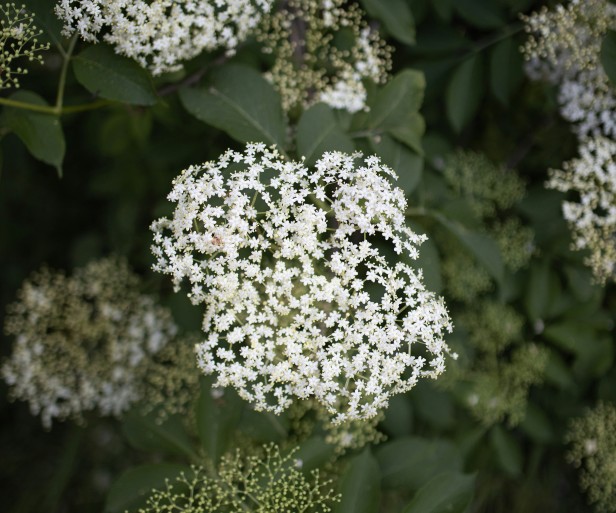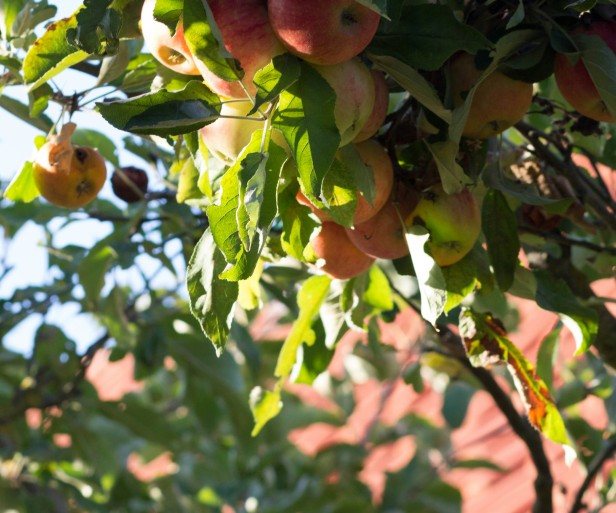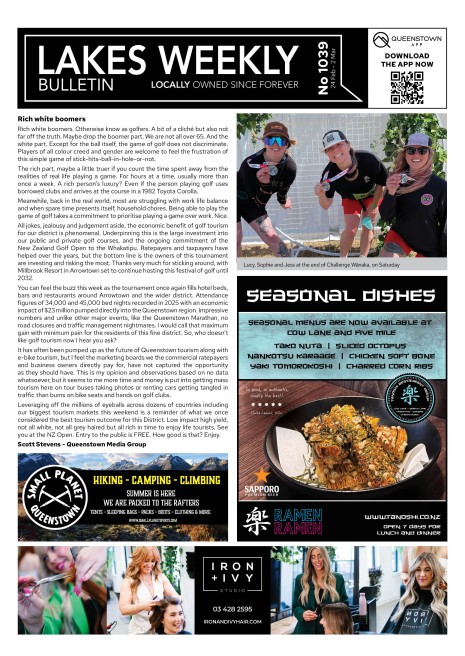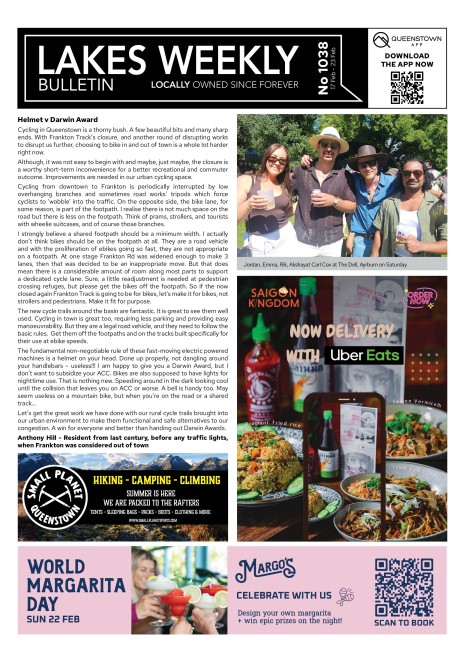The what, why and how of composting
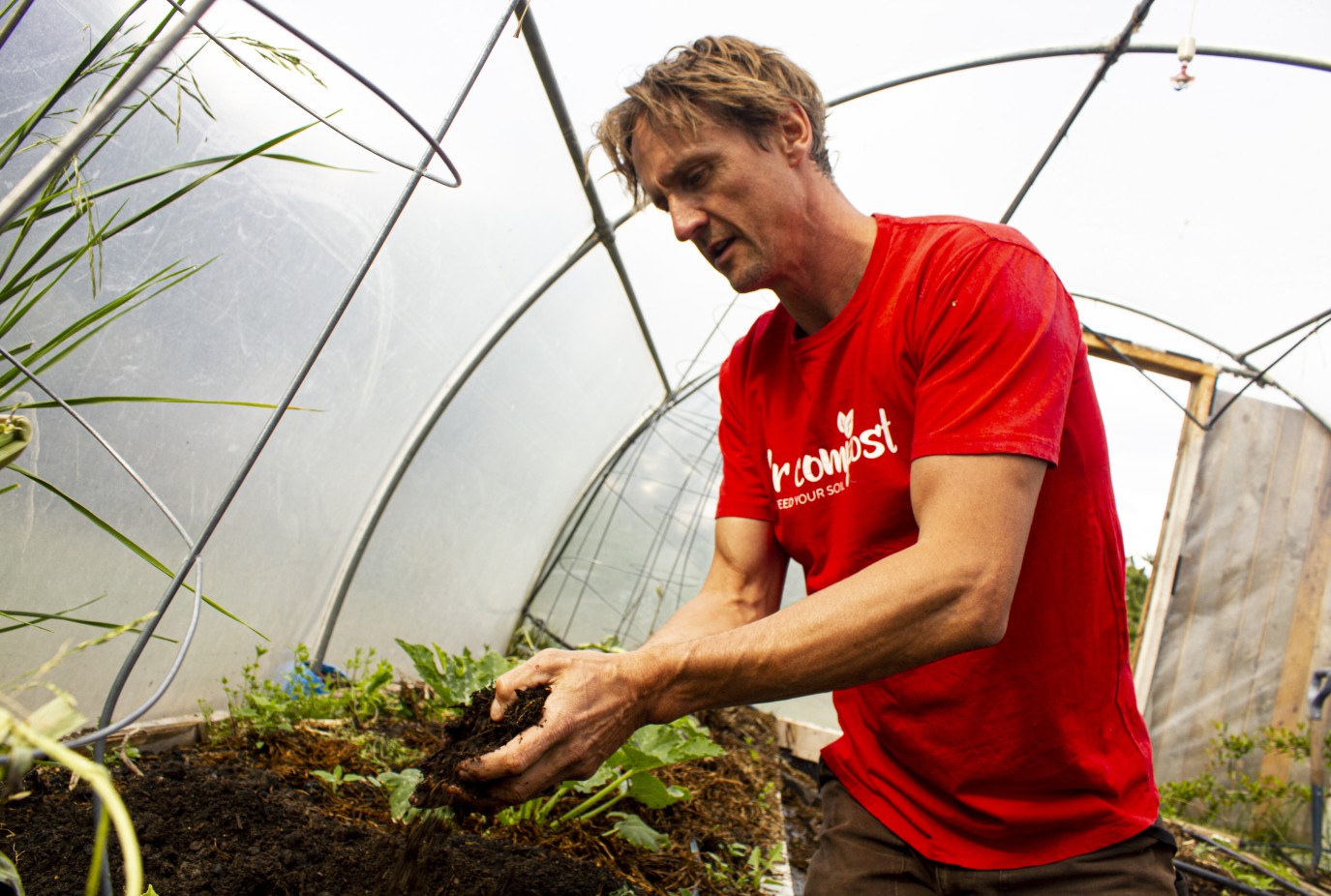
Dr Compost, aka Ben Elms, has been sharing his composting and gardening knowledge with Queenstown Lakes locals through his fun and informative workshops, one-on-one advice and articles for over a decade.
We cornered Ben at our Sustainable Queenstown Green Drinks event last week to ask some of your burning composting questions.
Let’s dive right in!
Is composting really that important?
Absolutely! Composting not only reduces the amount of waste in our landfills, but it also creates nutrient and biologically rich soil that’s magic for growing all kinds of plants, veggies, shrubs and trees.
What’s the difference between composting and recycling?
Great question! Composting involves breaking down organic materials like food scraps and yard waste into a nutrient-rich soil amendment. Recycling involves processing non-organic materials like plastic, glass, and metal to be reused in new products. Both are important for reducing waste, but composting has the added benefit of creating valuable nutrients for your garden.
I’m renting and have no outdoor space. Can I still compost?
Absolutely! There are indoor composting systems available that work well in small spaces. Vermicomposting, where you use worms to break down food scraps, is a great option. You can also use a Bokashi Bin indoors or find a community composting site near you. Worms and Bokashi Bins are subsidised by QLDC for locals - making it really affordable to start!
What are the benefits of using a Bokashi Bin for composting?
Ah, one of my favourites! The Bokashi Bin method is great because it allows you to compost a wider variety of materials, including meat, fish, dairy, and citrus fruits, that may not break down as easily in a traditional compost bin. Plus, it produces a pre-compost material that can be added directly to soil, speeding up the process of creating nutrient-rich soil.
What are some common mistakes people make when composting?
The biggest mistake I see people make is adding too much of one type of material to their compost bin. Ideally, your compost bin (not Bokashi Bin) should have a mix of “green” materials like food scraps and “brown” materials like leaves or shredded paper. It’s important to keep your compost bin moist and turn it regularly to ensure even decomposition.
How long does it take for compost to be ready to use?
Composting can take anywhere from a few weeks to several months, depending on the type of system you use and the materials you put in. When the compost is dark brown and crumbly, and you can no longer recognise any of the original materials, it’s ready to use in your garden.
Composting may seem intimidating at first, but with a little knowledge and practice, it’s a simple and rewarding way to reduce your environmental impact and grow healthy plants & veggies. Remember to always check local regulations and guidelines for composting, and don’t hesitate to ask for help from experts like Dr Compost. Thanks Ben!


